Man Being Afraid to Pee Funny Photo
Reasons It Hurts to Pee
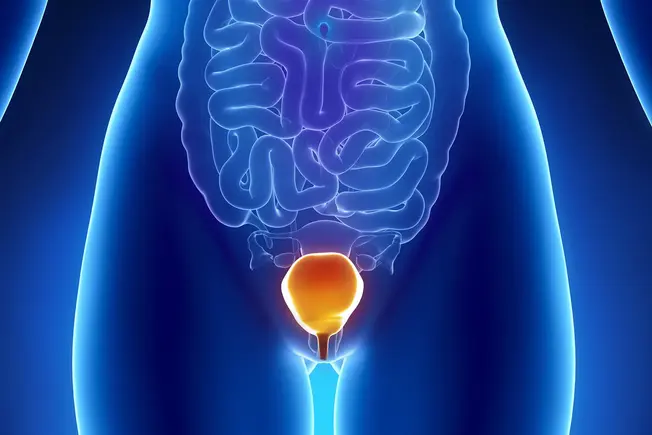
Urinary Tract Infection (UTI)
1/14
This usually means a type of virus or bacteria infects the bladder or the urethra, the tube through which urine leaves your body. You might feel like you have to go all the time, and it may burn or smell funny when you pee. Your urine also may look cloudy, red, bright pink, or brown. Your doctor can test it for bacteria, and they might prescribe antibiotics to get rid of the infection.
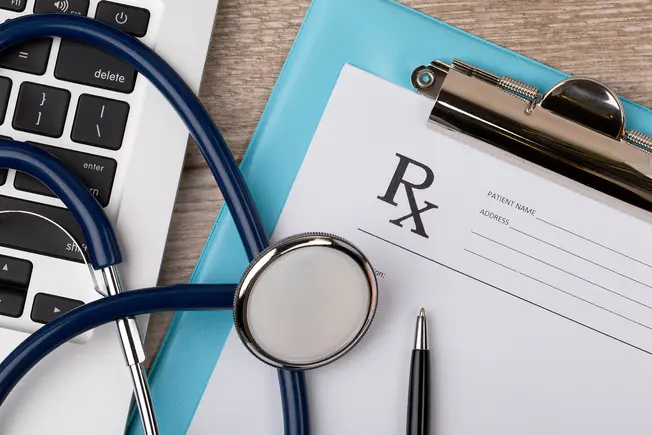
Kidney Infection
2/14
Bladder infections sometimes move up the urinary tract to your kidneys, which is more serious. Or you can get a kidney infection after surgery. You might have fever, chills, nausea, vomiting, and pee that's dark, cloudy, bloody, or bad-smelling. Your doctor will likely prescribe antibiotics to treat the problem. But you can try to prevent it, too: Drink plenty of water, try to pee after sex, and go when you feel the urge.
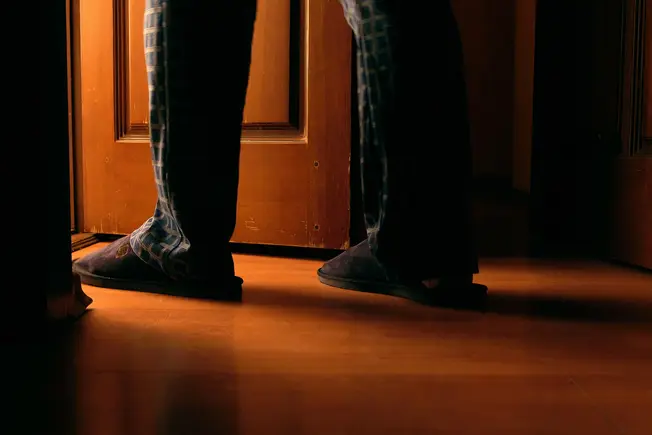
Painful Bladder Syndrome
3/14
Also called interstitial cystitis, it means your bladder walls get irritated. Your bladder gets swollen and sensitive, and your belly and pelvis may hurt. You may feel the need to go a lot but only pee a little at a time. Pain or burning in your lower belly or genitals might improve after you pee but get worse when you have to go or during sex. There's no cure, but diet, exercise, medication, surgery, and physical therapy can treat it.
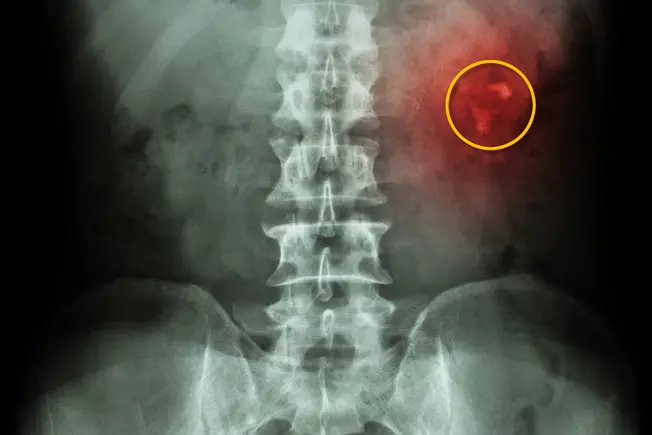
Kidney Stones
4/14
They form when too many minerals, usually calcium, build up in your body. The stones start in the kidney but may continue to grow in the bladder or in the ureter, the tube that connects the two. It can really hurt to pee if they get big enough to block the flow of urine. Waves of pain can hit your back between your hips and ribs. Smaller stones can pass on their own, but you might need surgery to get rid of larger ones.

Yeast Infection
5/14
This happens when your body has too much of a type of fungus called candida. If you're a woman, you might itch and burn around your vagina; have pain when you pee or have sex; and notice a thick white discharge. In men, yeast infections can inflame the head of the penis and cause pain, irritation, and a white discharge. It's easy, but important, to treat the problem. Over-the-counter drugs usually work, but talk to your doctor first.
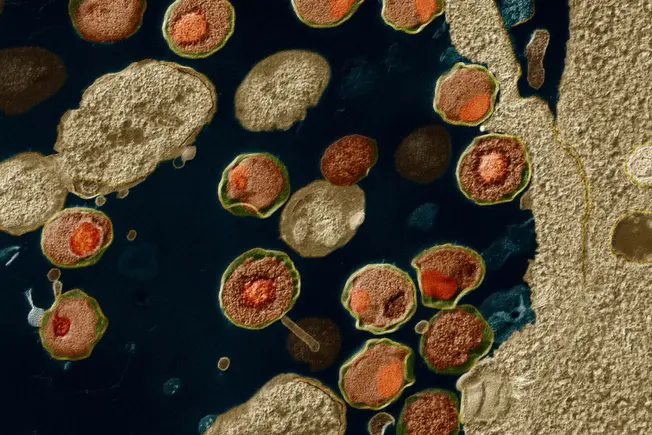
Chlamydia
6/14
It's a bacterial STD you get from having sex with an infected person. Though most people have no symptoms, it can make you burn when you pee and cause a discharge from the vagina or penis. Women may find sex painful, and men sometimes have pain in their testicles. If you have any signs of chlamydia, see your doctor. They can give you a course of antibiotics to keep the infection from causing other serious health problems.
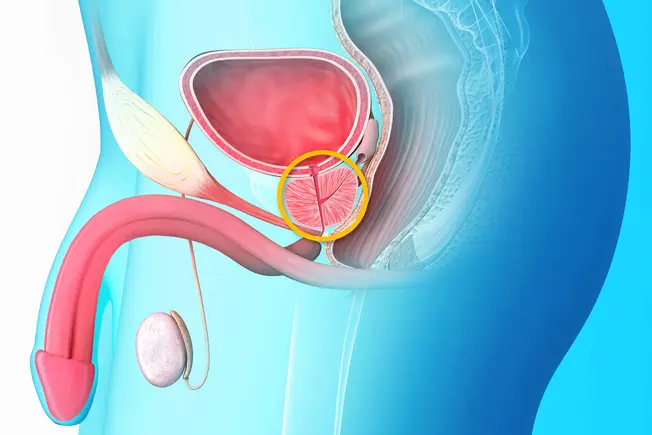
Prostatitis
7/14
The prostate, a small gland near a man's bladder, gets swollen and tender. It may be painful and hard to pee. You might also have bloody or cloudy urine, and pain in your groin and lower belly when you poop or ejaculate. Bacteria are often the cause, and antibiotics can treat the infection. But trauma from surgery or injury, especially to nerves in the area, can also cause prostatitis.

Vaginal Atrophy
8/14
This can happen to women when they go through menopause. The tissues of the vagina slowly start to shrink and thin out because the body has less estrogen. It can cause pain when you pee, painful sex, itching, burning, dryness, discharge, and bleeding. Hormone replacement therapy can help restore strength, stretchiness, and moisture to your vagina. There are also lotions, oils, and lubricants that often make sex more comfortable.
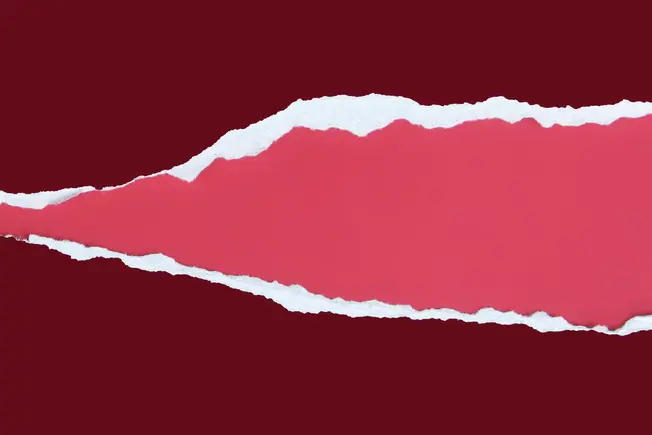
Vaginal Tear
9/14
Childbirth is the leading cause, but sex or an injury from straddling something, like a bike seat, can do it, too. Deep tears need stitches, but shallow ones can heal on their own in a few weeks. You may see blood in the area, and it can sting or burn when you pee. Unless it's very painful, keeps bleeding, or you have signs of infection (unusual discharge, fever, feeling dizzy or weak), pain meds and a sitz bath might be all you need.
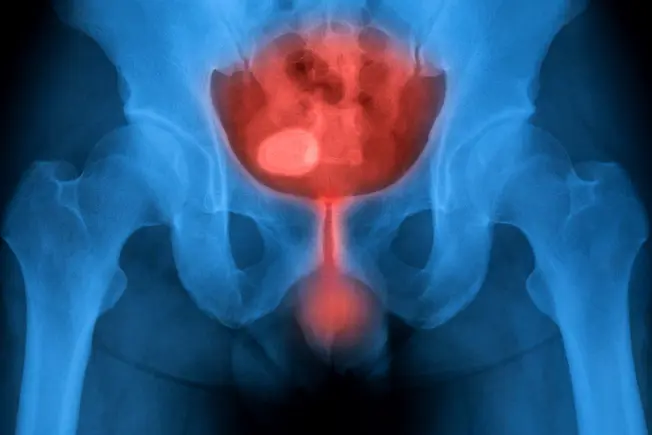
Urethral Stricture
10/14
Infection, swelling, or injury damages the urethra, a tube that carries pee out of the body. This creates scar tissue that blocks or slows the flow of urine, which can hurt. You also might have dark-colored urine, pain in your lower belly, problems with bladder control, and UTIs. Your doctor can try to stretch your urethra to open the stricture or clear it out with surgery.

Douching
11/14
Some women do it to clean their vagina. To "douche," you squirt water, often mixed with vinegar, iodine, or baking soda, into the vaginal area. Doctors say it's a bad idea. It upsets the natural balance of bacteria, which could lead to more infections that make it painful to pee. It also might make it harder to get pregnant or cause problems during pregnancy. It will not "undo" or prevent pregnancy once you've had sex.
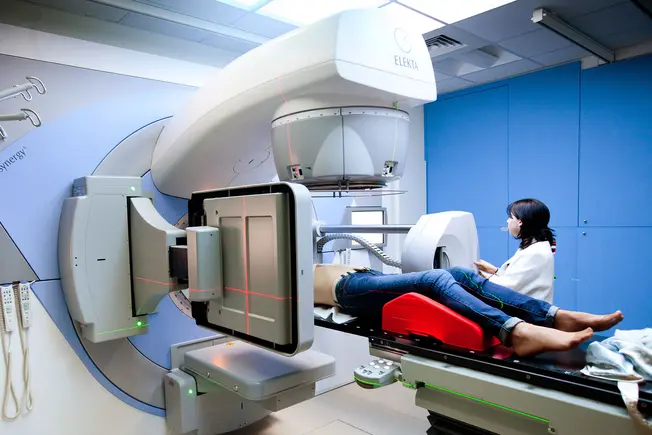
Cancer Treatment
12/14
Chemotherapy or radiation around your lower belly can inflame the bladder and make it hurt to pee. You may notice it several weeks after therapy starts, and it might continue for some weeks after you finish your treatment. Surgery to remove tumors in the area also could cause irritation and raise your odds of an infection. It can help to drink plenty of fluids, wear loose clothing, and talk to your doctor about your symptoms.

Personal Care Products
13/14
Wipes, creams, and sprays at your local drug store offer a way to "freshen up" your private parts, especially for women after sex. They're mostly unnecessary, and some have harsh chemicals that can lead to skin breakouts, infection, and other problems. Warm water is all you need to clean the area. If you're a woman, avoid scented tampons, pads, powders, and similar products, especially if you tend to get infections.
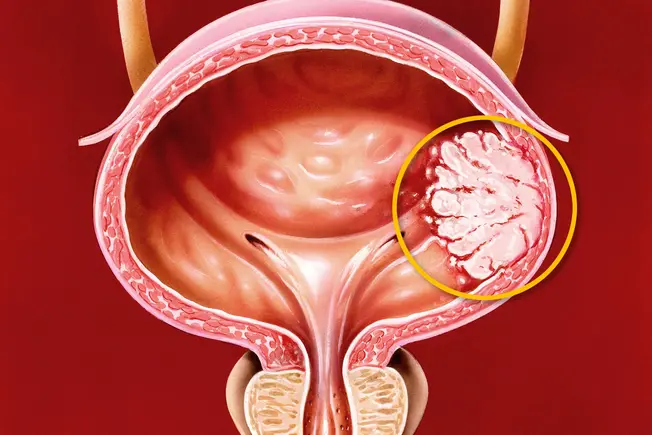
Tumor
14/14
It's rare, but a tumor, whether cancerous or not, can sometimes make it hurt to pee if it's near your bladder or urethra. You also might have to go more often. Talk to your doctor if you see blood in your urine, notice pain when you pee, or feel a lump in your lower belly.
IMAGES PROVIDED BY: 1) Thinkstock 2) Thinkstock 3) Thinkstock 4) Thinkstock 5) Thinkstock 6) Science Source 7) Thinkstock 8) Thinkstock 9) Thinkstock 10) Thinkstock 11) Thinkstock 12) Science Source 13) Thinkstock 14) Science Source CDC: "Chlamydia -- CDC Fact Sheet." Cleveland Clinic: "Bladder Cancer," "Urination: Frequent Urination," "Vaginal Atrophy," "Interstitial Cystitis (Painful Bladder Syndrome)." Environmental Health Perspectives: "A Question for Women's Health: Chemicals in Feminine Hygiene Products and Personal Lubricants." Mayo Clinic: "Contact dermatitis," "Sexually transmitted diseases (STDs)," "Vaginal tears in childbirth," "Prostatitis," "Male yeast infection: How can I tell if I have one?" "Urinary tract infection (UTI)." Merck Manual: "Inflammation of the Penis," "Stones in the Urinary Tract." National Institute of Diabetes and Digestive and Kidney Diseases: "Kidney Infection (Pyelonephritis)," "Interstitial Cystitis (Painful Bladder Syndrome)," "Bladder Infection (Urinary Tract Infection -- UTI) in Adults." NIH National Cancer Institute: "Side Effects of Cancer Treatment." Prostate Cancer Foundation: "Prostate Gland." Fairview Health: "Vaginal Tear (Non-Obstetric)." Urology Care Foundation: "Urethral Stricture Disease." U.S. Department of Health and Human Services Office on Women's Health: "Douching," "Vaginal yeast infections." Show Sources
Source: https://www.webmd.com/urinary-incontinence-oab/ss/slideshow-why-it-hurts-to-pee
Belum ada Komentar untuk "Man Being Afraid to Pee Funny Photo"
Posting Komentar